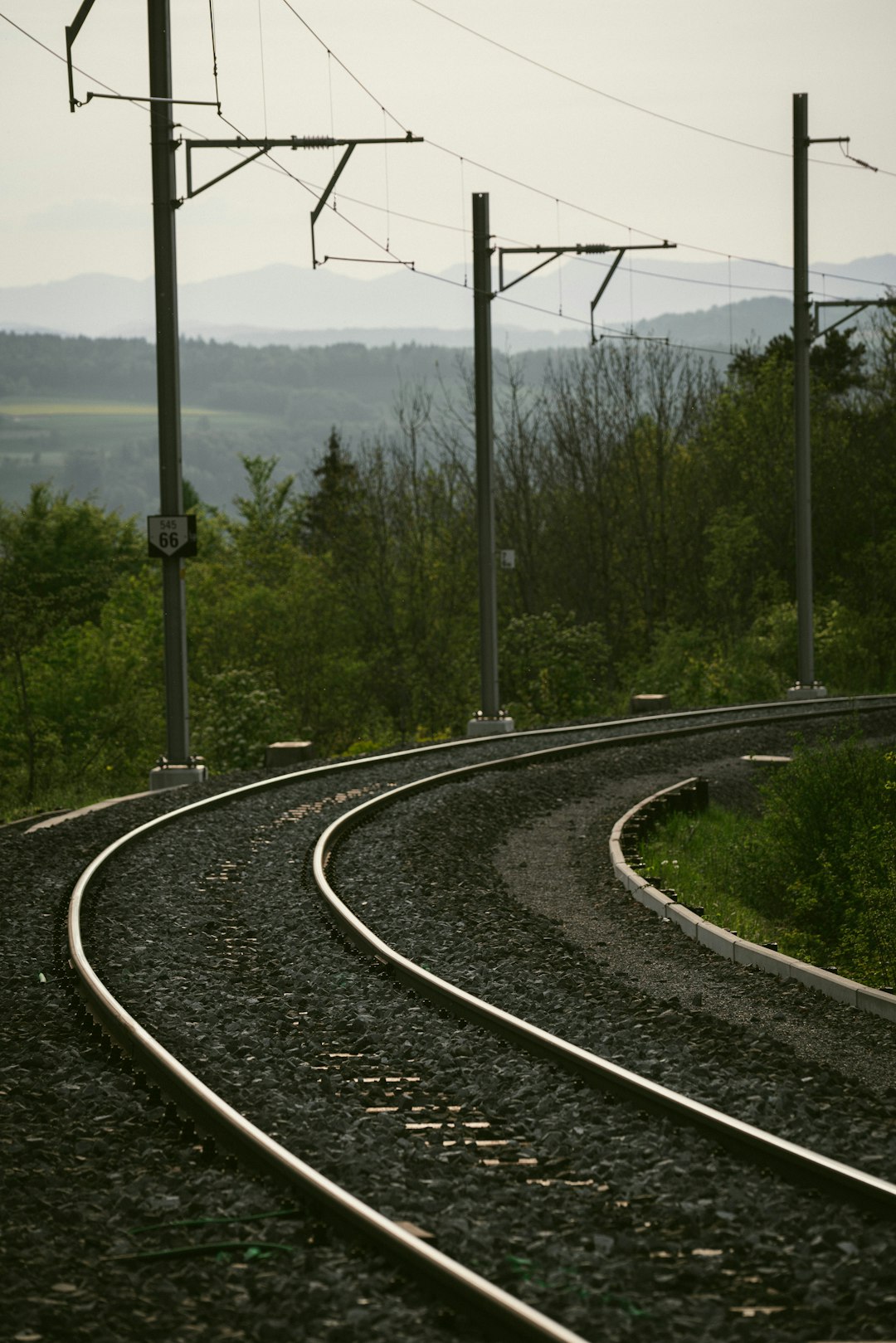France Mass Strikes: Rail and Metro Disruption Guide for Thursday
France faces major travel chaos this Thursday. Mass strikes will hit rail and metro services across the country. This guide explains everything you need to know. We cover why strikes happen. We show how services will be affected. We give practical tips for travelers. Stay informed and plan ahead.
Why France Has Mass Strikes
Strikes are common in France. Workers use them to protest. They want better pay and conditions. This Thursday's strike involves transport workers. They are joined by other public sector staff. The main union behind this is the CGT. They fight for worker rights.
French law allows strikes. It is a right for all workers. But they must give notice first. This helps people prepare. Still, disruptions can be huge. Past strikes have shut down cities. This one expects big impact too.
Key Unions Involved
Several unions join the strike. The CGT is the largest. Others include FO and Solidaires. Each has its own demands. But all agree on action. Together, they have strong power.
Main Demands of Workers
Workers want higher wages. Inflation makes life expensive. They also seek better job security. Some want shorter working hours. Health workers demand more staff. Teachers want smaller classes. Transport staff seek rest breaks.
Expected Impact on Transport Services
Travel will be hard on Thursday. Trains, metros, and buses run less. Some routes may not run at all. Paris Metro will have few trains. Regional trains face cancellations. International trains like Eurostar may delay.
Check your journey before leaving. Use apps or websites for updates. Allow extra time for travel. Expect crowded vehicles if they run.
Rail Services: SNCF
SNCF runs most trains in France. They expect big disruptions. High-speed TGV trains may run 1 in 3. Regional TER trains could be worse. Some areas may have no service.
SNCF advises booking later trips. They may offer refunds or changes. Check their website for details.
Paris Metro and Buses: RATP
RATP runs Paris transport. Metro lines will be very affected. Some may close completely. Buses will run less frequently. Night services might not operate.
Popular lines like 1 and 14 may run. But expect long waits. Use alternatives if possible.
Air Travel and Other Transport
Airports may see strikes too. Security staff could walk out. This may cause flight delays. Check with your airline before going.
Taxis and ride-shares may be busy. Prices could rise due to demand. Cycling or walking might be best in cities.
Practical Tips for Travelers During Strikes
Do not panic. Plan ahead. Here are tips to help you cope.
- Check before you travel: Use apps like Citymapper or SNCF app. They give real-time updates.
- Leave early: Allow extra time. Roads may be busier too.
- Have a backup plan: Know alternative routes. Maybe work from home if possible.
- Pack essentials: Bring water, snacks, charger. Delays can be long.
- Stay informed: Follow news on social media. Use hashtags like #Greve23.
If you are a tourist, contact your hotel. They can advise on local conditions. Museums and sites may open still. But check their websites first.
Step-by-Step Guide to Checking Service Updates
Follow these steps to stay updated:
- Visit the SNCF website or app. Look for "Traffic Info" or "Info Trafic".
- Check RATP site for Paris updates. They have a strike page.
- Follow Twitter accounts like @SNCF or @RATPgroup. They post frequent updates.
- Use Google Maps. It shows real-time transit alerts.
- Call hotlines. SNCF has one at 3635. But lines may be busy.
Do this the night before and morning of travel.
Real Examples from Past Strikes
In December 2019, strikes lasted weeks. Metro service was very low. Only 2 lines ran normally in Paris. People had to bike or walk. Some worked from home for days.
Another strike in 2018 affected trains. Only half of TGVs ran. Travelers slept at stations. Lessons learned: always have a plan B.
Statistics on Strike Impact in France
France has many strikes each year. In 2022, there were over 100 days of transport strikes. This costs the economy millions per day. A study by Le Monde showed that strikes reduce GDP by 0.1% each month they occur.
On average, during a mass strike, metro service drops to 30% capacity. Train service is around 40%. These numbers come from government data.
FAQ Section
1. Will all transport be stopped on strike day?
No, but services will be reduced. Some lines may run normally. Others might be closed. Check updates for your route.
2. Can I get a refund if my train is cancelled?
Yes, SNCF usually offers refunds or exchanges. Contact them via website or app. Keep your ticket safe.
3. Are airports affected by the strikes?
Sometimes, yes. Security staff or air traffic controllers may strike. Check your flight status with the airline.
4. How long will the strike last?
Most strikes last one day. But some can continue. Follow news to know if it extends.
5. What are my rights as a passenger?
You have the right to information and assistance. If stuck, stations may provide water or food. EU rules protect you on international journeys.
6. Is it safe to travel during a strike?
Yes, it is generally safe. But services are limited. Avoid crowded areas if possible.
7. Will taxis be available?
Taxis will be in high demand. Book in advance if you can. Expect higher prices due to surge pricing.
Conclusion
Strikes in France can disrupt travel. This Thursday will be challenging. But with good planning, you can manage. Check updates regularly. Have backup options. Stay calm and flexible.
Remember, strikes are a part of French culture. They show people fighting for their rights. While inconvenient, they reflect democratic values. We hope this guide helps you navigate the day safely.
Share your experiences in the comments. Tell us how you coped. For more travel tips, visit our guides page.

